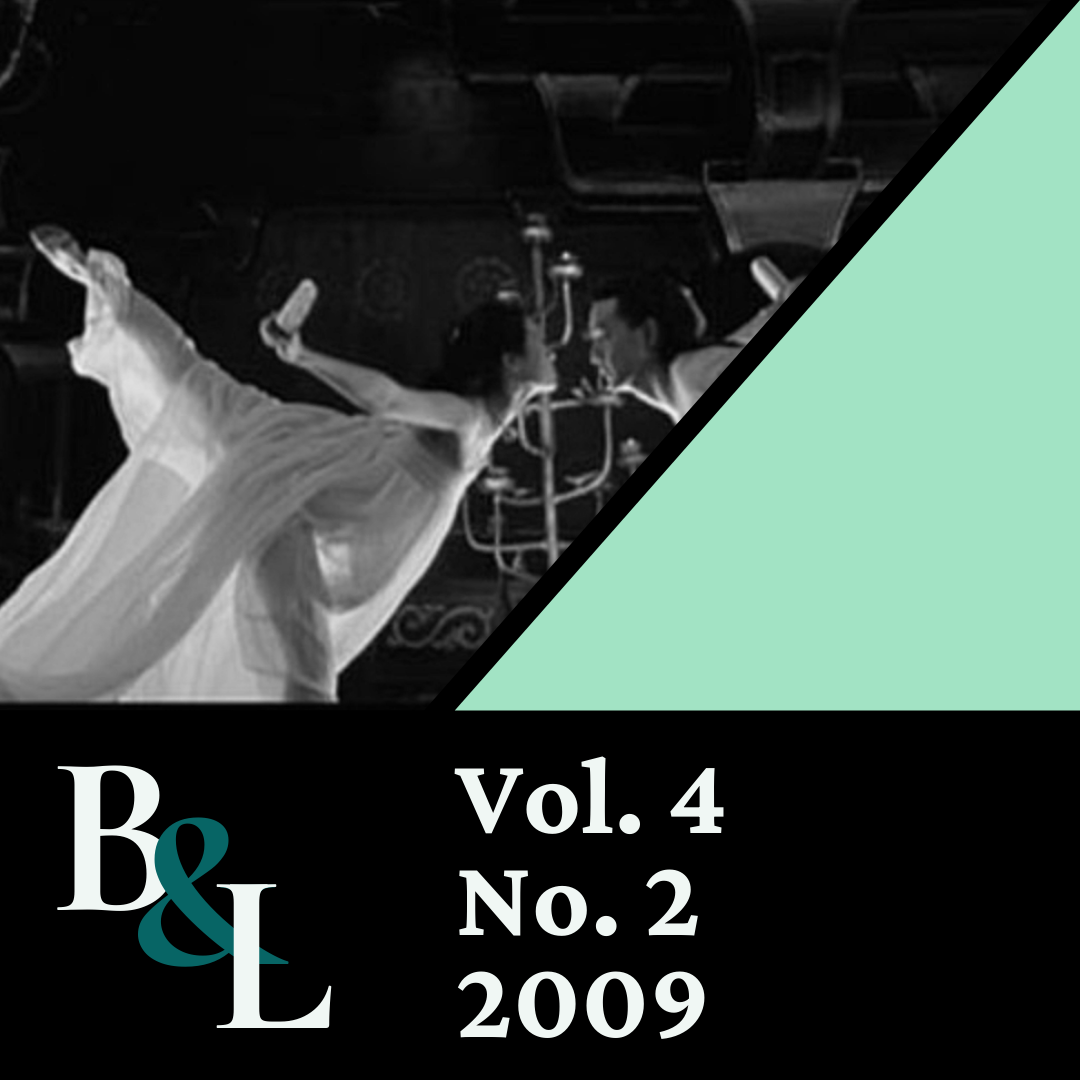What If Lady Macbeth Were Pregnant?
Amativeness, Procreation, and Future Dynasty in Maqbool
Abstract
Cluster: Asian Shakespeares on Screen: Two Films in Perspective
Edited by Alexa Huang
In Maqbool, Vishal Bhardwaj's unusually perceptive rewriting of Macbeth, an emphasis on Macbeth's future dynasty is rather conspicuously developed and reinforced (Trivedi 2007, 153). Murder and betrayal are not of much consequence in the modern Mumbai criminal underworld; these acts are quite simply part of the Mafia trade, and Macbeth/Maqbool is from the start an ignoble, cold-blooded murderer. It is love (or rather, sexual desire) and not treacherous murder that is the predominant transgression in Maqbool. The transgressive love affair between Macbeth/Maqbool and Lady Macbeth/Nimmi (including Nimmi's scandalous pregnancy) is developed as a key motif in the film. Maqbool seeks to combat the policemen's prophecy that Kaka's (Banquo's) children will attain political rule in the future. Maqbool fights for his own future dynasty and is not seriously concerned about his personal political rule within the Mumbai gang. The film concerns forbidden sexuality, procreation, and Maqbool's desperate but determined hope for a future dynasty.


